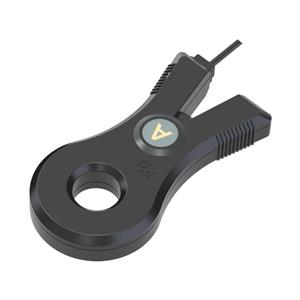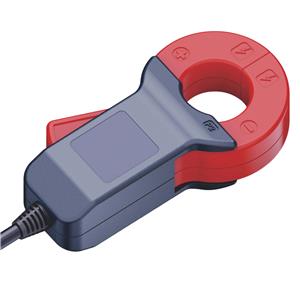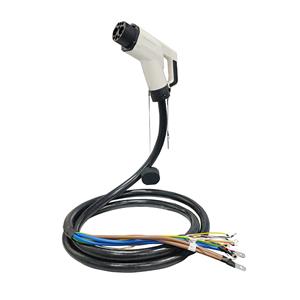-
0112-2023
Thermal Effects and Temperature Drift of Current Shunt Resistors
In the field of electrical engineering, Current Shunt Resistors are widely used for accurate current measurements. However, it is important to consider the thermal effects and temperature drift characteristics of these resistors to ensure their reliable performance. This article aims to explore the impact of thermal effects and temperature drift on Current Shunt Resistors and discuss strategies to mitigate their influence.
-
1202-2024
Lead wire CT
Lead wire CT refers to a current transformer that is used to measure high currents in electrical systems. It is a device designed to transform high currents into a proportional lower current that can be easily measured and monitored. This article will explore the concept and applications of lead wire CT in various industries.
-
0102-2024
Applications of Precision Shunt Resistors in Current Measurement
Discussing the role of precision shunt resistors in current measurement applications, including power supplies, battery management systems, motor control, and electronic load testing.
-
2401-2024
Comparing Precision Shunt Resistors with Other Current Measurement Techniques
Comparing Precision Shunt Resistors with Other Current Measurement Techniques: Comparing precision shunt resistors with alternative current measurement techniques, such as Hall effect sensors and current transformers, discussing the advantages and limitations of each method.
-
0407-2023
Micro Current Transformer: Advancing Precision Current Measurement
Micro current transformers have revolutionized the field of electrical current measurement by enabling precise and accurate monitoring of low-level currents. With their ability to step down current levels without sacrificing accuracy, these transformers find extensive use in applications where measuring currents in the microampere range is essential. In this article, we will explore the technical aspects of micro current transformers, their working principles, benefits, and the latest advancements that have elevated their significance in modern electronics.
-
0207-2023
Hall Effect Current Sensor: Revolutionizing Current Measurement Technology
Hall effect current sensors have emerged as a groundbreaking technology in the field of electrical current measurement and monitoring. Built upon the principles of the Hall effect, these sensors provide accurate and reliable measurements of electric currents in various applications. In this article, we will explore the technical aspects of Hall effect current sensors, their working principles, benefits, and the latest advancements that have propelled their widespread adoption.
-
0307-2023
Advancements in CT Metering Technology: Revolutionizing Current Measurement
CT (Current Transformer) metering has emerged as an indispensable technology in the field of electrical power measurement and monitoring. With its ability to accurately measure current levels in high-voltage systems, CT metering plays a pivotal role in ensuring reliable and efficient energy distribution. In this article, we will delve into the technical aspects of CT metering, exploring its working principles, benefits, and the latest advancements driving its widespread adoption.
-
0107-2023
Exploring the Significance of Current Sensors in Modern Electronics
In today's increasingly digital world, the need for accurate and reliable current measurement has become paramount. Current sensors play a vital role in various electronic applications, providing insights into power consumption, energy efficiency, and system performance. In this blog post, we will delve into the significance of current sensors, their working principles, and explore their widespread use in different fields.
-
2006-2023
How shunts are produced
Shunts are typically made from materials with low resistance, high conductivity, and good stability over time. The most common material used for shunts is manganese-copper (MnCu) alloy, but other materials such as nickel-chromium (NiCr) and copper-nickel (CuNi) alloys are also used depending on the requirements of the application.
-
1906-2023
what is shunt?
Shunts are a type of resistor that is specifically designed to measure current. They work by creating a voltage drop across the resistor as a result of the current flowing through it. By measuring this voltage drop, we can calculate the current passing through the shunt using Ohm's law (I=V/R).




